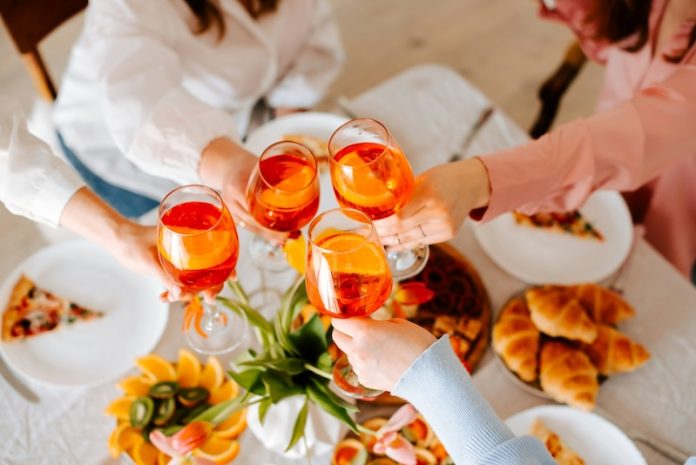
High blood pressure, also called hypertension, is a common health issue around the world. If it’s not controlled, it can lead to serious problems like heart attacks, strokes, and kidney damage.
While many people know that food and exercise affect blood pressure, what you drink can also make a big difference. Some drinks can help lower your blood pressure quickly, while others may make it worse. This article explains, in simple language, which drinks are helpful and which ones you should limit or avoid.
Let’s start with the drinks that are good for your blood pressure. One of the best is beetroot juice. Beetroots contain natural compounds called nitrates. When you drink beetroot juice, your body turns these nitrates into something called nitric oxide.
This helps your blood vessels relax and open up, which makes it easier for blood to flow and lowers your blood pressure. Studies have shown that drinking beetroot juice can lower blood pressure within a few hours.
Another helpful drink is hibiscus tea. This bright red tea is made from dried flowers of the hibiscus plant. It’s full of healthy plant chemicals, including antioxidants. Some of these chemicals work like certain blood pressure medicines by helping to widen blood vessels.
Research has found that hibiscus tea can lower the top number in your blood pressure reading — called systolic pressure — especially if you drink it daily.
Pomegranate juice is also known to be good for your heart and blood pressure. Like beets and hibiscus, pomegranate contains powerful antioxidants. These help keep your blood vessels healthy and reduce pressure inside them. Drinking a cup of pomegranate juice each day may help lower both the top and bottom numbers in your blood pressure reading.
Even plain water plays an important role. When your body is well-hydrated, your heart doesn’t have to work as hard to pump blood. This helps keep your blood pressure at a healthy level. Not drinking enough water can actually make your blood pressure rise, especially during hot weather or after exercise.
Now let’s talk about drinks that are not so good for your blood pressure. Alcohol is one of them. While some studies suggest a small amount of red wine might help the heart, drinking too much alcohol is a major cause of high blood pressure. If you already have high blood pressure, it’s safer to stick to the recommended limits — or avoid alcohol completely.
Caffeinated drinks like coffee, energy drinks, and some teas can also raise your blood pressure, at least for a short time. Some people are more sensitive to caffeine than others. If you notice that caffeine makes you feel jittery or raises your blood pressure, try switching to decaf or drinking less of it.
Sugary drinks such as soft drinks, fruit-flavored punches, and sweetened teas are best avoided. These drinks are often high in added sugar, which can lead to weight gain. Being overweight increases your risk of high blood pressure. Also, too much sugar can affect how your body processes insulin, which may further raise blood pressure.
In conclusion, what you drink each day can have a strong effect on your blood pressure. Choosing drinks like beetroot juice, hibiscus tea, pomegranate juice, and water can support healthy blood pressure. At the same time, cutting back on alcohol, caffeine, and sugary drinks is a smart step toward better heart health.
Of course, these changes should go along with other healthy habits like eating well, exercising, and taking any prescribed medicine. If you have health problems or take medication, always talk to your doctor before making big changes to your diet or lifestyle. Small choices — like what’s in your glass — can make a big difference in your health.
If you care about high blood pressure, please read studies about unhealthy habits that may increase high blood pressure risk, and drinking green tea could help lower blood pressure.
For more information about high blood pressure, please see recent studies about what to eat or to avoid for high blood pressure, and 12 foods that lower blood pressure.
Copyright © 2025 Knowridge Science Report. All rights reserved.



